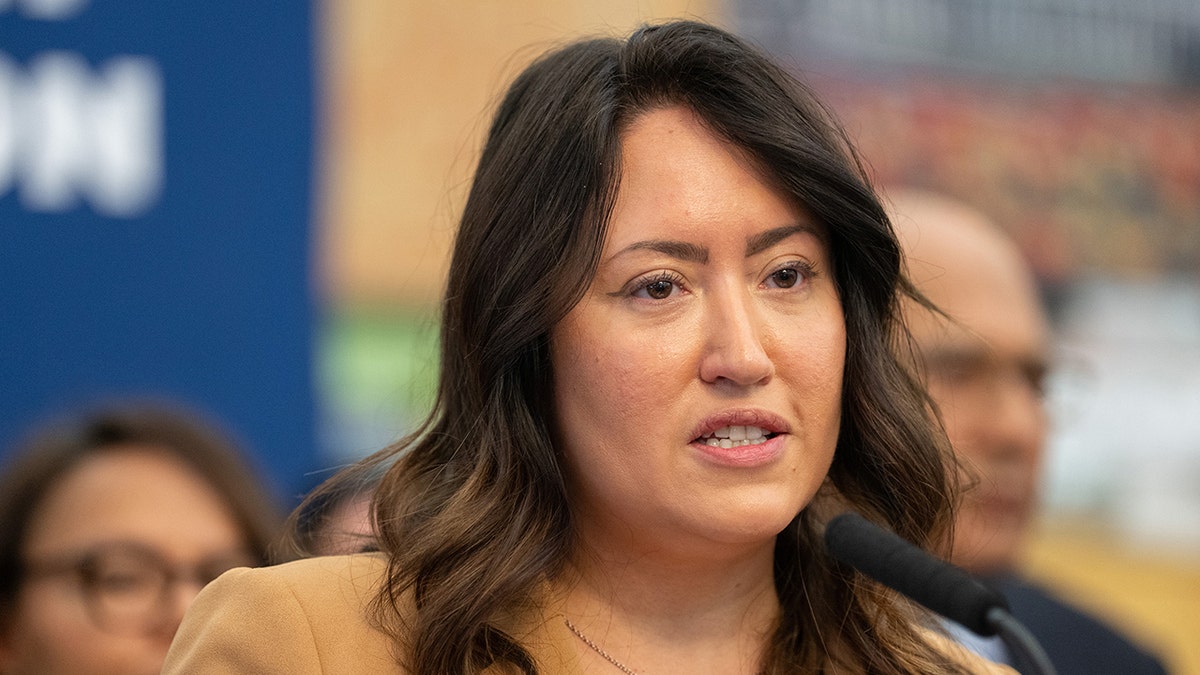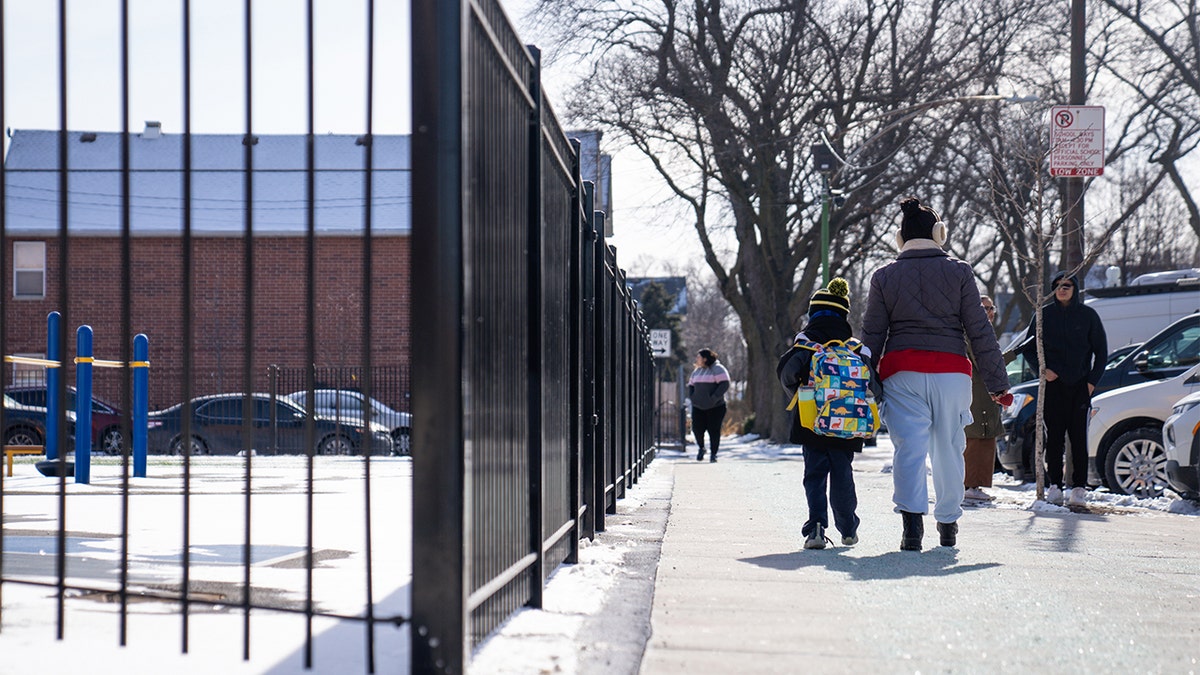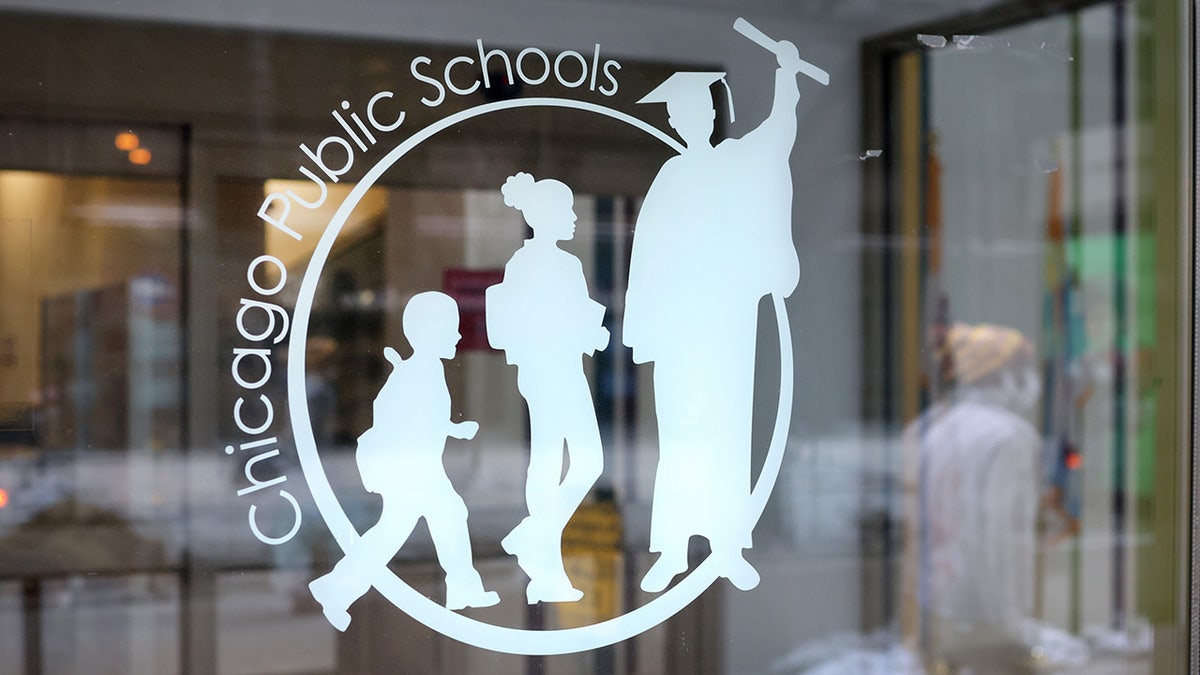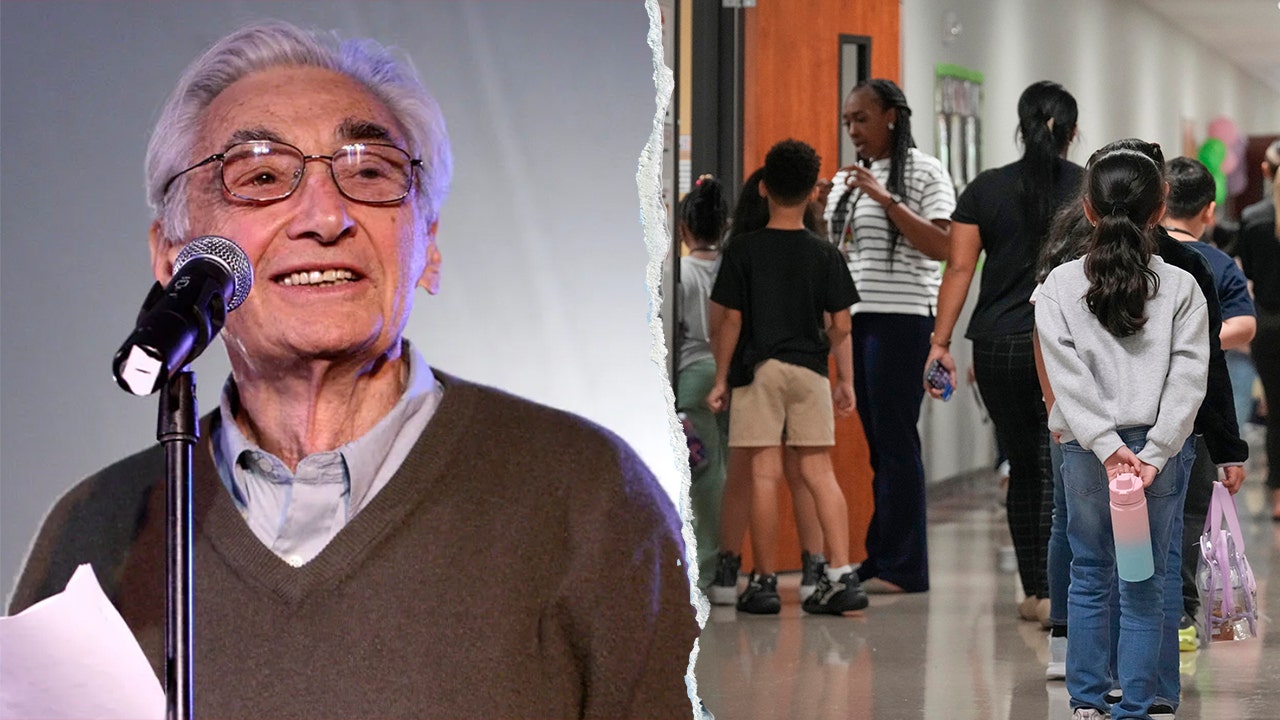NEWYou can now listen to Fox News articles!
Public schools across the country are directing teachers to use curriculum resources from a nonprofit that teaches American history through the lens of racial and sexual oppression.
The Zinn Education Project (ZEP), named for the late radical 1960s professor Howard Zinn, pushes controversial resources and lesson plans to teachers for students as young as pre-K, all the way up to grade 12.
ZEP boasts that its curriculum has been adopted by more than 176,000 teachers, who have downloaded more than 765,000 lessons for their students, according to its website. The organization hosts a Teach Truth Day of Action annually, which is co-sponsored by the NEA, America’s largest teachers union, and other organizations.
Zinn, who died in 2010, taught at Boston University from the early 1960s until his retirement in 1988. He was the author of “A People’s History of the United States,” a book that teaches American history, beginning with Christopher Columbus’ discovery of North America and into the 21st century, through a lens of racial and sexual oppression. The principles in his book serve as the benchmark for ZEP’s lessons.
CLICK HERE FOR MORE CAMPUS RADICALS COAST TO COAST
In 2003, Zinn described himself as, “Something of an anarchist, something of a socialist. Maybe a democratic socialist.”
New York City Public Schools, the largest school district in the country, encourages teachers to use ZEP resources to teach during Black History Month, Women’s History Month, Disability Pride Month and Pride Month.
“The Zinn Education Project also has compiled lesson ideas and relevant primary sources into a resource called ‘Teaching with Seizing Freedom’ that educators can use in their classrooms alongside the podcast,” a Black History resources page on the school system’s website says.
CRITICS SAY K-12 ETHNIC STUDIES PUSH TEACH STUDENTS ABOUT CISHETERONORMATIVITY, BLACK PANTHER PARTY

The “Teaching with Seizing Freedom” podcast is described by ZEP as “an ideal resource to introduce students to the imaginative, defiant ways that Black people sought and enacted freedom throughout U.S. history — and brings to life voices that are often muted in textbooks.”
For Disability Pride Month, the school system directs teachers to ZEP resources that include an article titled, “10 Quick Ways to Analyze Children’s Books for Ableism.”
In the Chicago Public Schools system, a page called “Equity Tools,” alongside other social justice resources from other organizations, like “Implicit Bias and Structural Racialization” from the National Equity Project, ZEP is mentioned as a resource. The public school system links to the ZEP homepage.
BOMBSHELL REPORT EXPOSES ‘DEEPLY CONCERNING’ MIDWEST UNIVERSITY INITIATIVE PUSHING FAR-LEFT K-12 LESSON PLANS
Similarly, Portland Public Schools in Oregon directs teachers and students to ZEP for resources on Black History Month. The ZEP site has 328 webpages of resources for teaching Black History Month.

A summary on the ZEP page on Black History Month recommends a book called “The Real Ebonics Debate: Power, Language, and the Education of African-American Children.” That book summary describes ebonics as “the distinctive language of many African-American children,” and emphasizes urgency for teachers to learn to engage with discussions about ebonics.
In Berkeley, California, a teaching resource guide for kindergartners through eighth grade links to the same Black History Month ZEP page.
TEACHER UNION SENDS MAP ERASING ISRAEL TO ITS MILLIONS OF MEMBERS FOR ‘INDIGENOUS PEOPLE’S DAY’
In 2021, Columbus City Schools in Columbus, Ohio, gave summer homework to eighth graders that demonized Christopher Columbus for “mass murder” of the Taíno people. It accuses other history textbooks of erasing the Taíno people. The lesson was from ZEP, and included a quiz for students after they read the material.
“Columbus’ practices of enslavement, terrorism and ultimately mass murder are shocking. For that reason, it is tempting to focus only on Taíno deaths,” the lesson says. “However, those deaths can seem abstract and distant unless we learn something about Taíno lives.”
ZEP’s website is full of colorful testimonials from teachers around the country, including Sarah Giddings, identified as a middle school social studies teacher from Mesa, Arizona. Giddings used ZEP resources to teach her students about climate change.

“The culminating activity involved having my students participate in a mock trial based on Bill Bigelow’s role play activity ‘Who’s to Blame for the Climate Crisis?'” Giddings’ testimonial says. “By this point of our study, my students were emotionally and intellectually ‘invested’ and were genuinely curious as to what or who is responsible for the environmental crisis.”
CLICK HERE TO DOWNLOAD THE FOX NEWS APP
“I’ve used the Zinn Education Project’s materials since my first year teaching,” says a testimonial from Corey Wincester, described as a high school history teacher from Evanston, Ill.
“Nine years later, my students can speak to the power of deconstructing the narratives of Christopher Columbus and Abraham Lincoln’s efforts that have replicated white supremacy and marginalization of people of color in historical discourse.
None of the school districts mentioned returned a request for comment.


